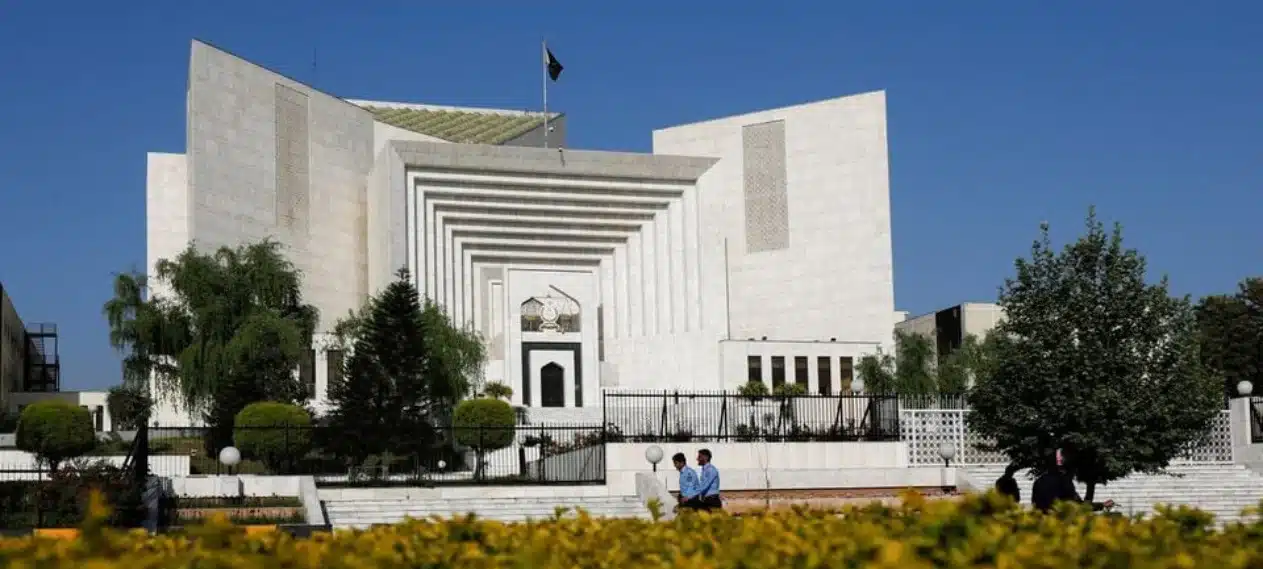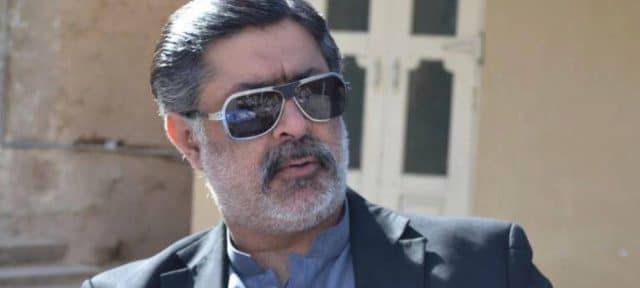In Islamabad, a three-member committee of the Supreme Court, led by Chief Justice of Pakistan Justice Qazi Faez Isa, made a noteworthy decision on Friday. They have ordered the compilation of a list of cases filed under Article 184(3) of the Constitution.
Article 184(3) of the Constitution grants the Supreme Court exceptional authority to take up matters of “public importance with reference to the enforcement of any fundamental right.” This power allows the Supreme Court to assert jurisdiction based on a petition filed by a party or on its own initiative, known as suo motu notice.
According to sources, the Supreme Court registrar has been instructed to compile the list of cases filed under Article 184(3).
Additionally, the committee has directed the Supreme Court registrar to prepare a list of cases related to the interpretation of the Constitution. For constitutional cases, five-judge larger benches will be constituted to hear these cases.
Also Read: Supreme Court Sets 23 Oct for Hearing on 90-Day Election Case
It has come to light that the list of all pending Article 184(3) cases has already been compiled. Some of these cases are quite old, some may have become irrelevant, while others are recent and pertinent. It is anticipated that relevant cases will be scheduled for early hearings.
Just last month, Barrister Zafarullah Khan, a member of the PML-N, approached the Supreme Court seeking an appropriate order regarding the proper exercise of the court’s original constitutional jurisdiction under Article 184(3). He urged the court to establish clear and just criteria for the constitution of benches and fair guidelines for hearing cases in the superior courts.
In Pakistan, the use of suo motu under Article 184(3) gained prominence during the tenure of Iftikhar Muhammad Chaudhry, the former Chief Justice. He wielded substantial judicial powers through suo motu actions, which at times raised concerns about their impact on the rule of law. His successor, Saqib Nisar, continued this practice. Many other Chief Justices, however, showed more restraint.
For a while, there has been growing apprehension among the bureaucracy, legislators, and other influential figures in Pakistan that the judiciary was frequently overstepping its legal boundaries. Some believed that suo motu notices were at times driven more by political motives than a genuine legal interpretation of issues deemed of “public importance.” This recent decision by the committee signifies a significant development in this context.






